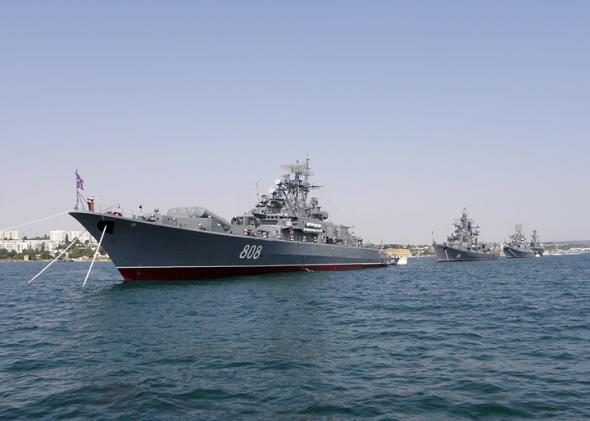Sener didn’t rule out that Turkey can increase the cargo flow through Azerbaijan to Turkmenistan to 25,000 trucks per year.
He added that annually, 50,000 Turkish trucks are sent to Turkmenistan through Iran, while the number of trucks sent to Turkmenistan through Azerbaijan is only 5,000.
Earlier, Azerbaijan offered 10-percent discount to Turkey for cargo transportation through the Caspian Sea, according to the executive director.
However, the main problem is that the cargo transportation through Azerbaijan is much more expensive than delivery of cargoes to Europe, he added.
“While one sea mile in cargo transportation from Turkey to Italy costs approximately $1, one mile in cargo transportation from Azerbaijan to Turkmenistan through the Caspian Sea is $10,” he said.
Sener added that Turkey and China have agreed on joint use of highways, adding that the sides will sign an agreement on this issue in February 2016.
What remains is to choose the final route for delivering goods to Turkey and Azerbaijan has a great potential to become a transit country, he said.
“Currently, Turkish trucks overstay on Turkish-Iranian and Iranian-Turkmen borders and sometimes it takes 10 days,” Sener said, adding that the transportation of goods through Azerbaijan can halve this timeframe.
Earlier, head of the International Transporters Association Cetin Nuhoglu said that Iran creates artificial barriers for Turkish transporters.
He said the Iranian side constantly delays the delivery of Turkish cargoes to the country and imposes various fines on the drivers.
“The delivery of 70 percent of Turkish cargoes is delayed due to the Iranian side,” Nuhoglu added.
Moreover, member of the executive board of Turkey’s International Transporters Association Elif Sevim told Trend that Turkey is considering the possibility of using the Georgia-Azerbaijan route for cargo transportation to Turkmenistan.
“Turkey has always regarded the Georgia-Azerbaijan route for transportation of cargoes to Turkmenistan on ro-ro vessels as an alternative to the Iranian route,” said Sevim.
More about:
















































